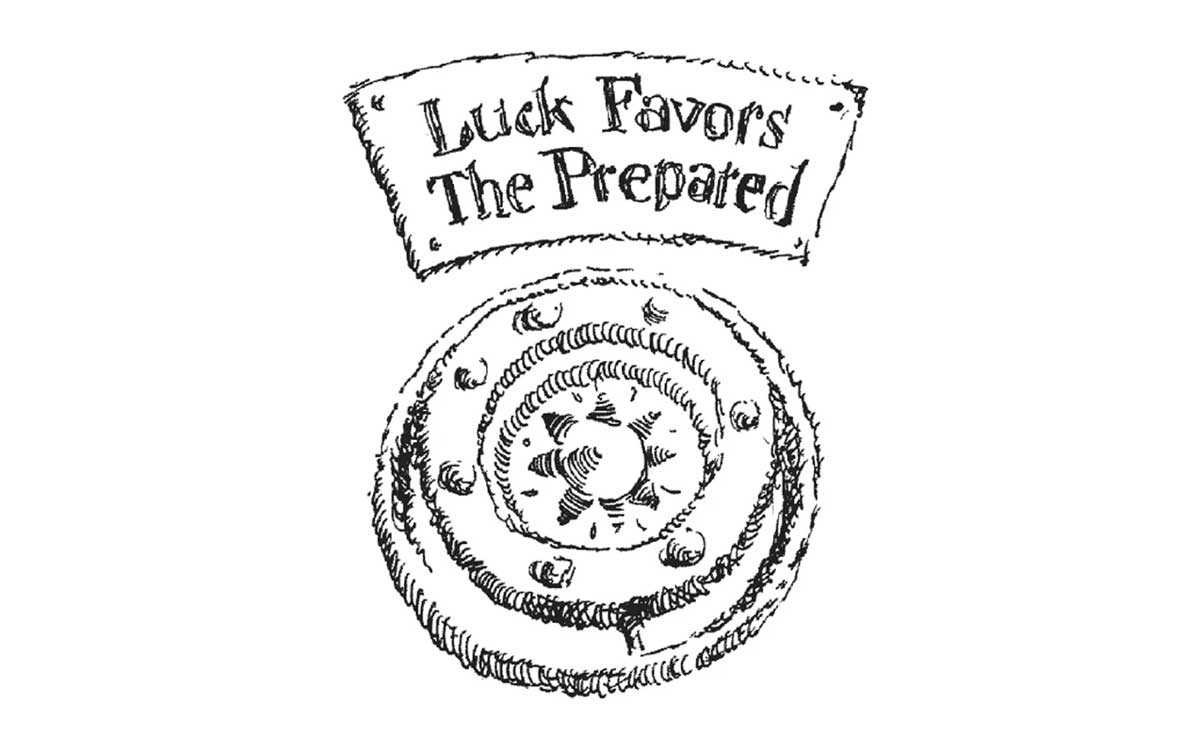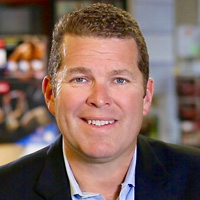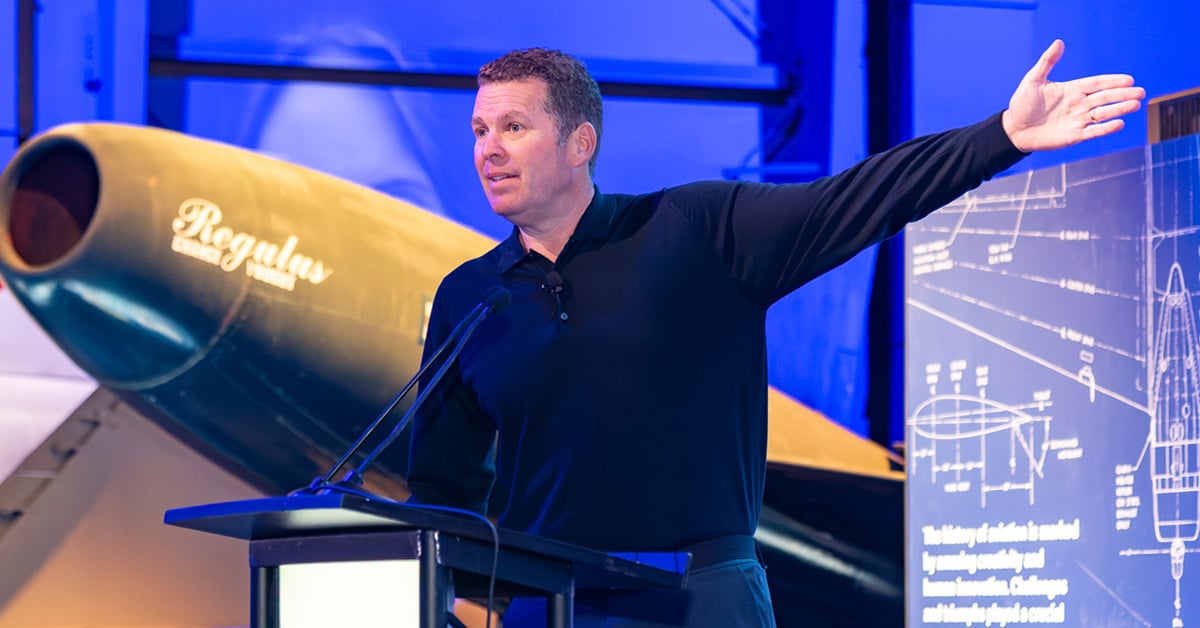Some say we create our own luck. One of the steps to becoming unstoppable is to plan—to set the direction of where you want to go; and make choices along the way that you think will get you there. Sometimes, we don’t get what we want from those choices, but they do provide us with opportunities to choose again. As I’ve said before, being unstoppable is also a choice! And, luck favors the prepared.
Down through the ages, from the ancient Greek philosophers to the French microbiologist Louis Pasteur and other notable sources, the proverb in the title above has formed the basis of slogans by people in the military and even appeared in family coats of arms. Luck, or fortune favors the prepared, the bold, brave, strong and prepared.
You plan in order to prepare yourself for the unexpected. To prepare, one must first plan. The better your plan, the better you can prepare; the better you prepare, the better your chances of success. Some say, “Failure to plan is planning for failure.” I say, “Embrace failure as a way to learn”—failure is what makes you smarter; it provides the answers and enables you to become better. Don’t aim for failure, but when you do fail, learn from it. After all, freedom comes with a price—the price of effort, persistence, and learning from setbacks.
"After my company as named one of Inc.'s fastest-growing companies in the country, reporters asked, "How did you invent the Perfect Pushup?" My response: "With twenty-five other people." Read my story about the invention of the perfect push-up.
Three-dimensional Planning
School is great for learning concepts. They teach you linear, straightforward thinking: To get to C from A, you first go to B. You don’t get ahead by making mistakes on exams. But, your homework, and the pop quizzes, are the places to make mistakes—if you go back and try to understand why you missed those questions on all those quizzes.
 When you’re following your own course in life, it’s like a final exam every day, except you don’t have a teacher telling you whether or not you made a mistake. And, the only way to keep track of what works and what doesn’t is to have a plan. The only real mistake in life is the one from which we learn nothing. Even with all the planning you do, you’ll miss something, and that’s when it gets exciting—you learn something new!
When you’re following your own course in life, it’s like a final exam every day, except you don’t have a teacher telling you whether or not you made a mistake. And, the only way to keep track of what works and what doesn’t is to have a plan. The only real mistake in life is the one from which we learn nothing. Even with all the planning you do, you’ll miss something, and that’s when it gets exciting—you learn something new!
Life is a bit more complicated, with many more moving parts, than what they teach in school. It requires another level of planning and preparation that I like to call “3-D planning.” To use a nautical metaphor, you have to be aware of the wind, water, waves, and weather, not to mention things such as your engine speed, course, depth, ship speed, and navigation and communication gear. A linear plan won’t help you when you’re at sea.
Success through preparation comes from thinking beyond the obvious and anticipating potential obstacles. Planning to prepare in 3-D involves considering all the things that can go wrong, and then coming up with a contingency plan. Some call this “out-of-the-box” thinking, but I call it 3-D planning. Think of it as looking at a plan from every angle, not just where you want to go, but also at the things that could change your course, and plan how to deal with them. So there you have it—two different ways to emphasize the importance of planning—the glass half-empty (failure angle) or the glass half-full (learning angle) approach. I prefer the half-full approach—fortune favors the prepared!
Freedom comes at a price - but are you prepared to pay it?" Discover the mindset and strategies to succeed at Alden-Mills.com.

Are you preparing for the unexpected? Need a plan? Want to create your own luck? Well, you’re in luck; I’ve got you covered—in addition to Be Unstoppable and Unstoppable Teams, I’m preparing to launch another resource to lead you through uncertainty and improve your outcomes with an Unstoppable Mindset. Hope you’ll stay tuned for it.





